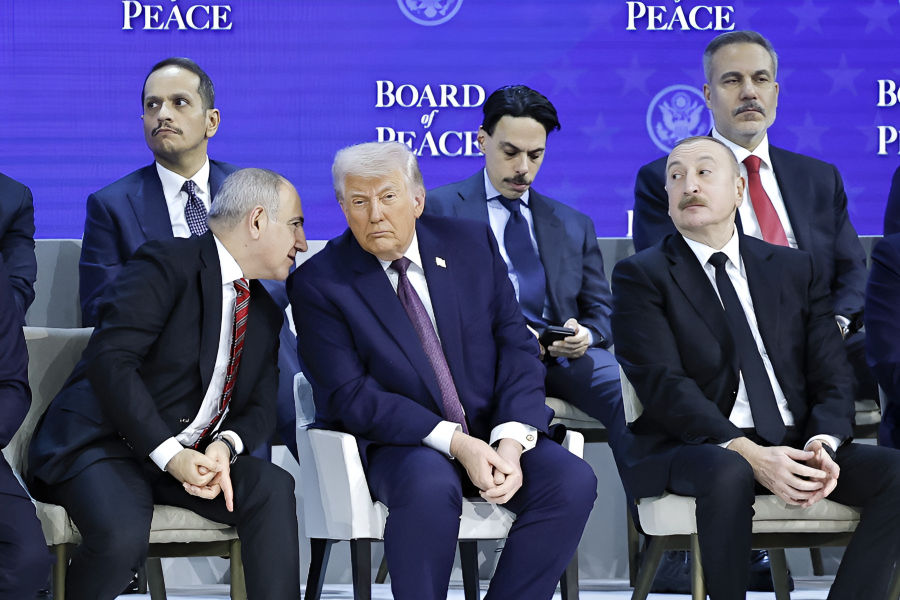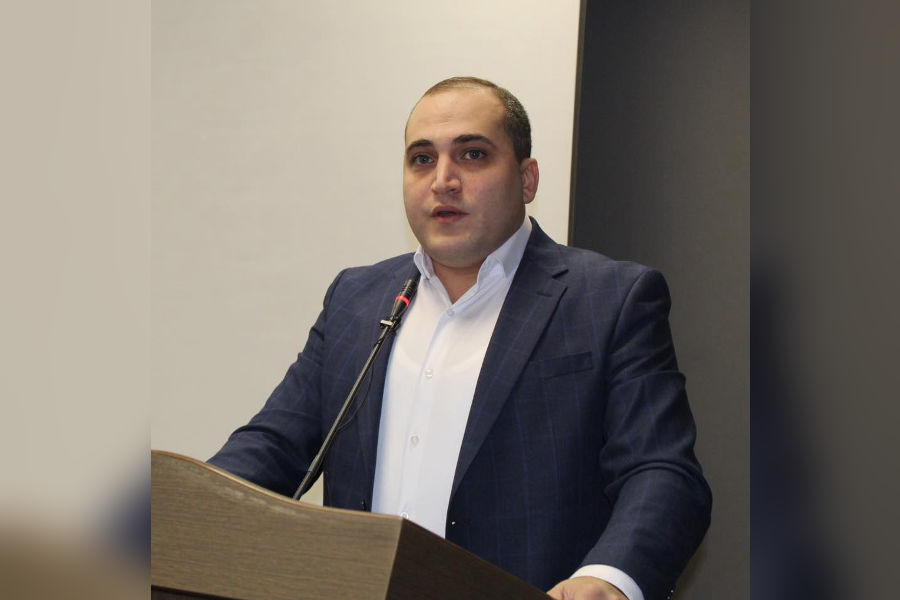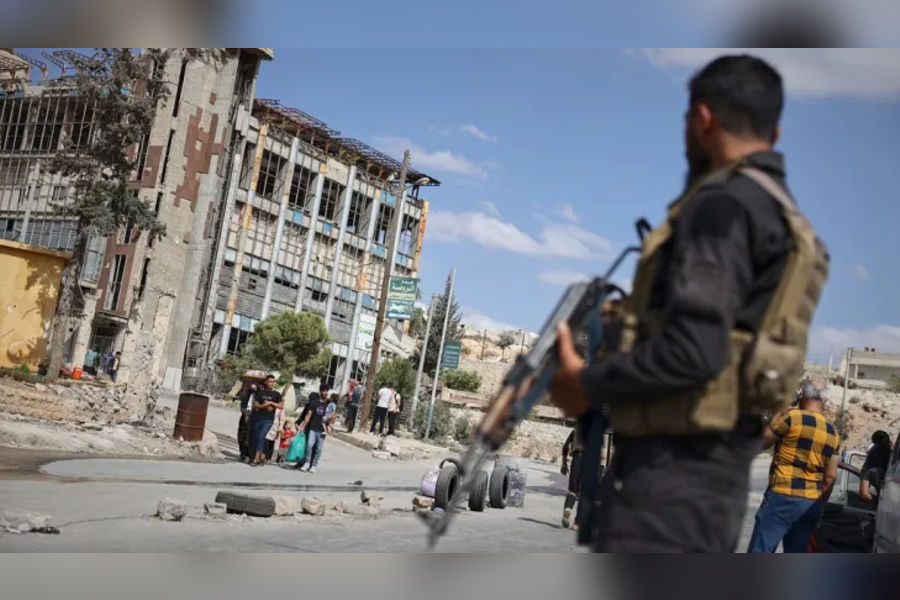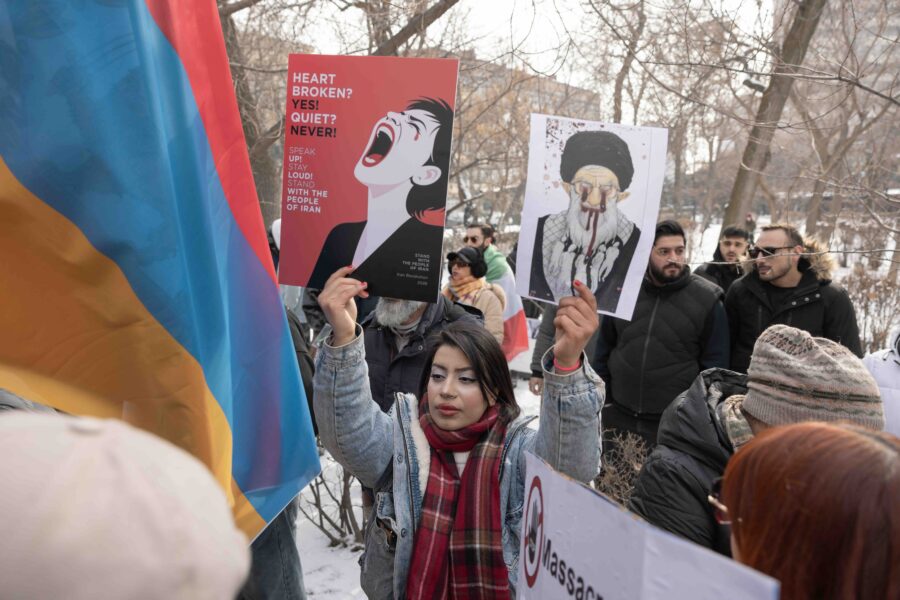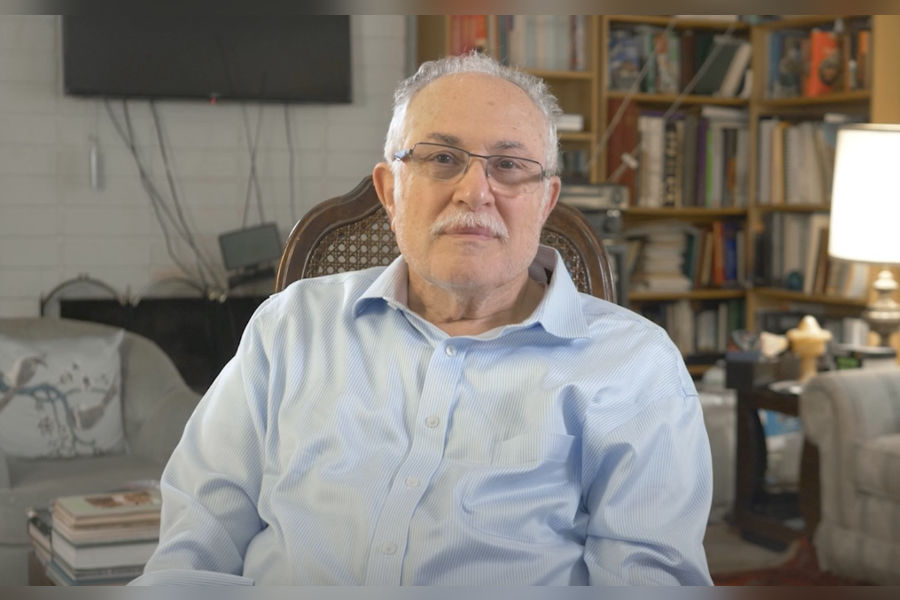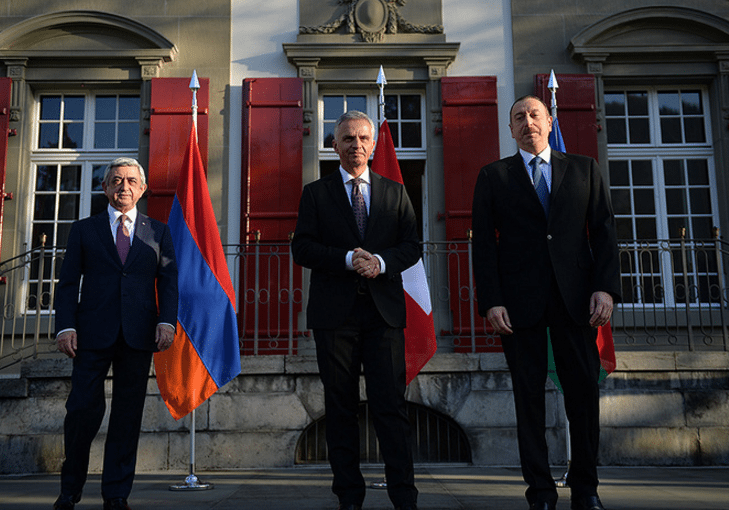
Nalbandian: Baku Resorts to Violence to Compensate for Its Insecurities During Negotiations
BERN, Switzerland (A.W.)—Armenia’s President Serge Sarkisian and Azerbaijan’s President Ilham Aliyev met in the Swiss city of Bern on Dec. 19, in a summit mediated by the Organization for Security and Cooperation in Europe (OSCE) Minsk Group. The meetings come at a time of heightened tension—as seven Armenian servicemen have been killed by Azerbaijani fire over the past two weeks.

In a press briefing following the summit, Armenian Foreign Minister Edward Nalbandian said that the agenda of the summit was dictated by the escalation of the situation as a result of Azerbaijan’s provocations and violations of the ceasefire. “Azerbaijan cannot get rid of the delusion that it can translate the use of power, the escalation of the situation into a negotiation tool. In fact, it is their weakness. Baku wishes to compensate its insecurities in negotiations by such actions,” said Nalbandian.
Nalbandian added that Azerbaijan’s hostile strategy will only be detrimental to a lasting peace, and reiterated Armenia’s support of the negotiations initiated by the OSCE Minsk group. “Throughout the negotiation process, Armenia has continued to [seek] the settlement of the issue through negotiations. And the participation of the President of our Republic in this summit proves that very fact; [it] proves our approach that Armenia reaffirms its commitment to continue—along with the [Minsk Group] Co-Chairs—the efforts aimed at an exclusively peaceful settlement of the issue,” he said. Nalbadian also thanked the Swiss authorities, who hosted this summit. He expressed Armenia’s gratitude to the co-chairing countries for organizing the meeting aimed at moving forward the negotiation process.
According to Nalbandian, while both sides expressed their approaches on different elements and principles of the settlement of the conflict, the approaches of the sides are not close and do not coincide. “Azerbaijan’s approach not only does not coincide with Armenia’s approach, we can also say that [it] does not coincide and is not in line with the proposals of the co-chairing countries,” he said.
When asked if there is a particular outcome that can be considered positive, Nalbandian said that any meeting is important for the dialogue to continue, and that there should be no alternative to negotiations. “The more often these meetings are held, the more possible it will be to conduct discussions—maybe in small steps—both on pushing the peaceful settlement process, and expansions of mechanisms for the de-escalation of the situation. Indeed, these issues have also been discussed,” he said.
Speaking about the establishment of a mechanism for the investigation of cross-border incidents, Nalbandian said that the Armenian side has stated several times that they are ready to move forward towards the implementation of a system. “We are not only ready, but we welcomed the establishment of that mechanism. Moreover, the co-chairs have presented on numerous occasions the details of the establishment of that mechanism. The sides discussed it at least twice—during the two summits held in Sochi,” he said.
In a statement released on the same day, the OSCE Minsk Group said that the summit created an opportunity for the two presidents to clarify their positions during their one-on-one meeting. “The presidents discussed recent violence and expressed particular concern about casualties, including civilians, caused by the use of heavy weapons. The presidents supported the co-chairs’ ongoing work on proposals regarding measures to reduce the risk of violence along the Line of Contact and Armenia-Azerbaijan border, including an investigation mechanism,” read part of the statement.
The statement also stated that both presidents confirmed their readiness to continue engagement on proposals regarding a settlement currently under negotiation, and reaffirmed their commitment to the Minsk Group format. “The co-chairs remain ready to work with the sides on mediating a peaceful, negotiated settlement to the Nagorno-Karabagh conflict,” concluded the statement.
The Bern meeting came just a day following two failed penetration attempts by Azerbaijani forces on the Line of Contact (LoC), during which three Nagorno-Karabagh Republic (NKR) servicemen were killed.



